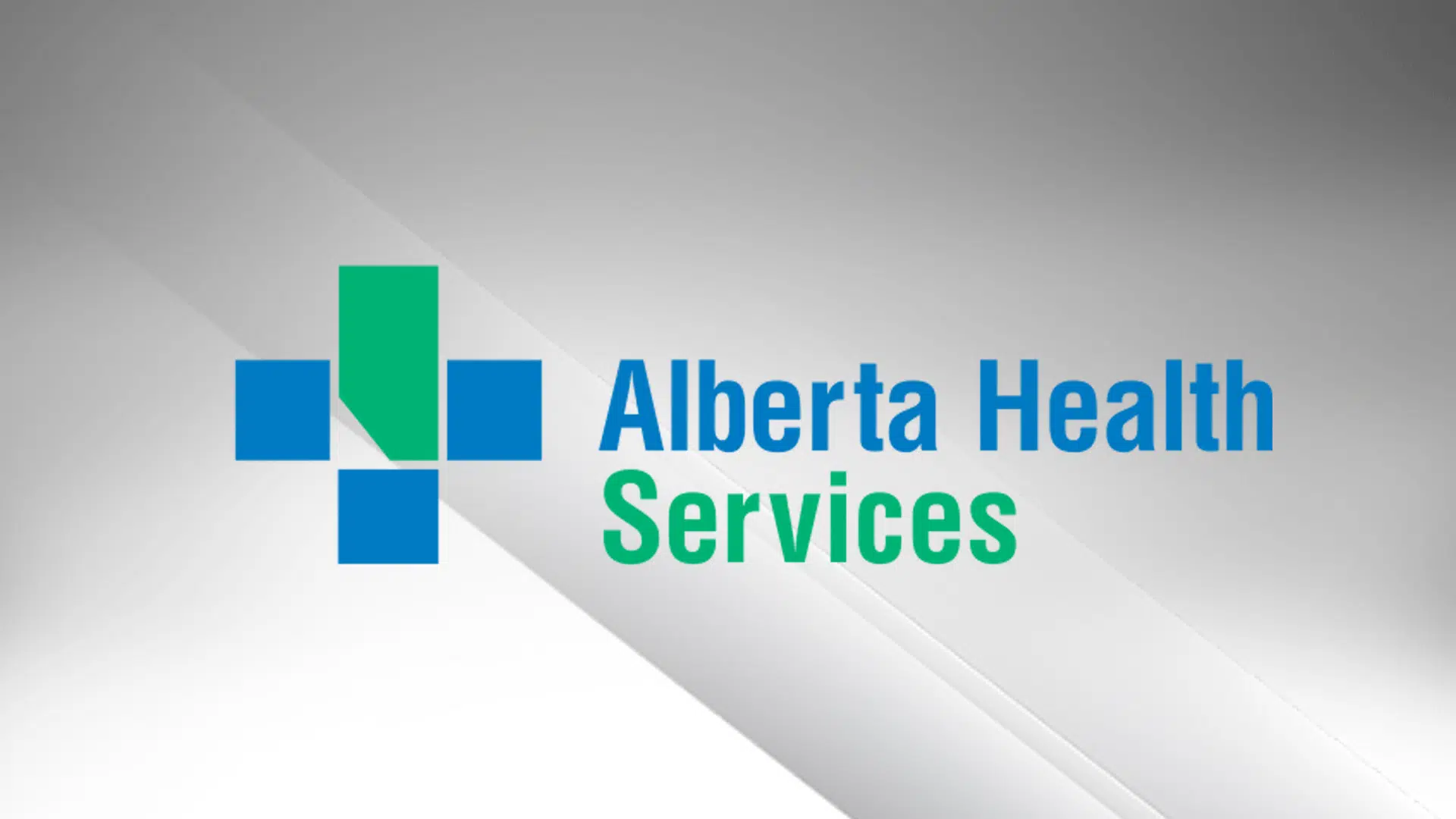
Lethbridge homeless patients to benefit through accessing government ID
LETHBRIDGE – More vulnerable southern Albertans requiring access to health care – including referral to specialized and followup services, will get the help they need with the local launch of the Alberta Health Services (AHS) ID Program.
The AHS ID Program identifies individuals seeking care at an AHS facility or with AHS community programs and services but who don’t have government-issued identification and/or a health care card.
ID specialists and AHS employees will assist patients in obtaining the documentation needed to prove their identity, residency and legal entitlement to remain in Canada.
“This program helps us to remove barriers to care, decrease lengths of stay in hospital and, for some of our patients, it’s helped them obtain employment and housing. It’s truly making a difference for Albertans,” says Dr. Laura Calhoun, Provincial Medical Director for Addiction and Mental Health with AHS.


